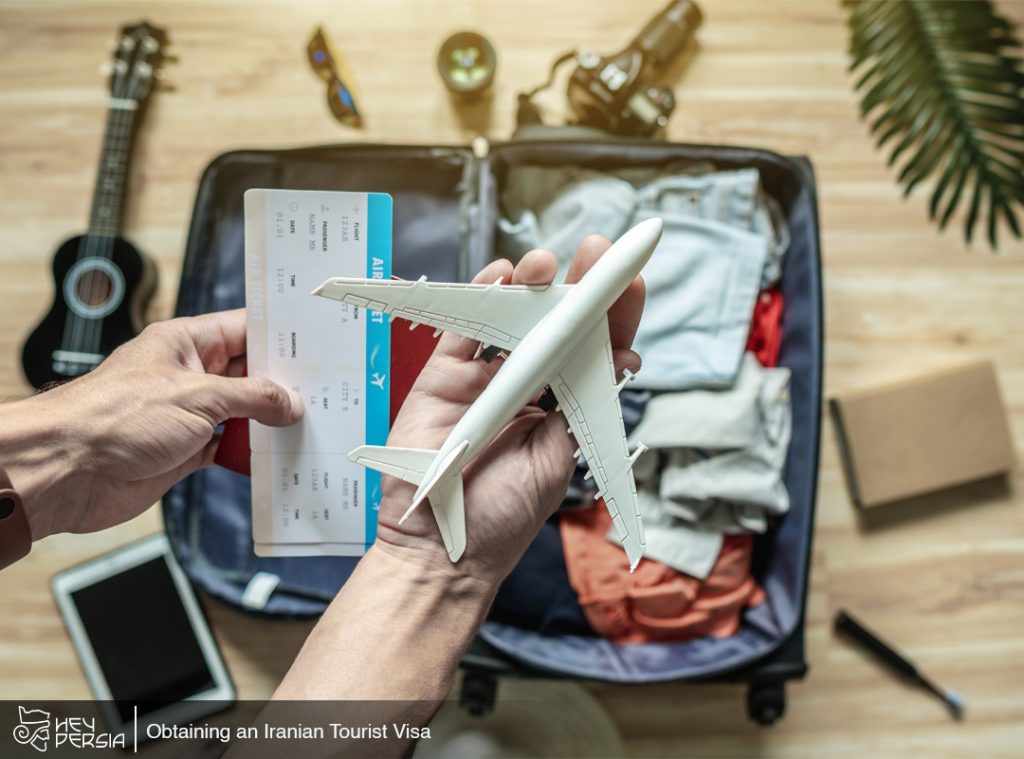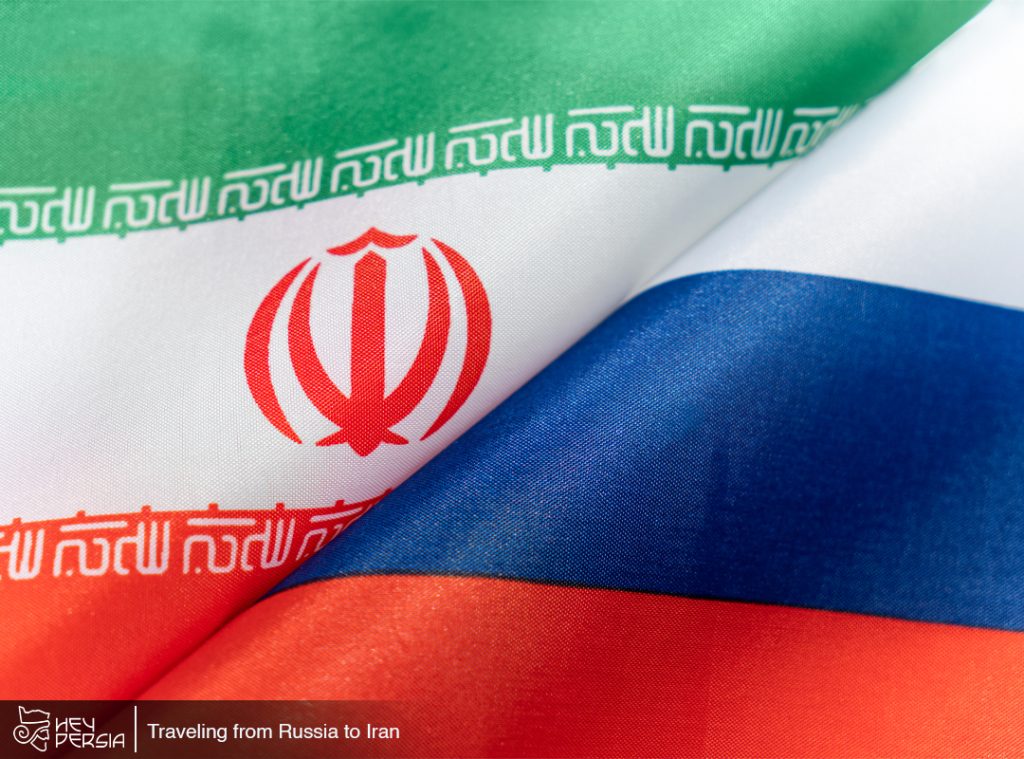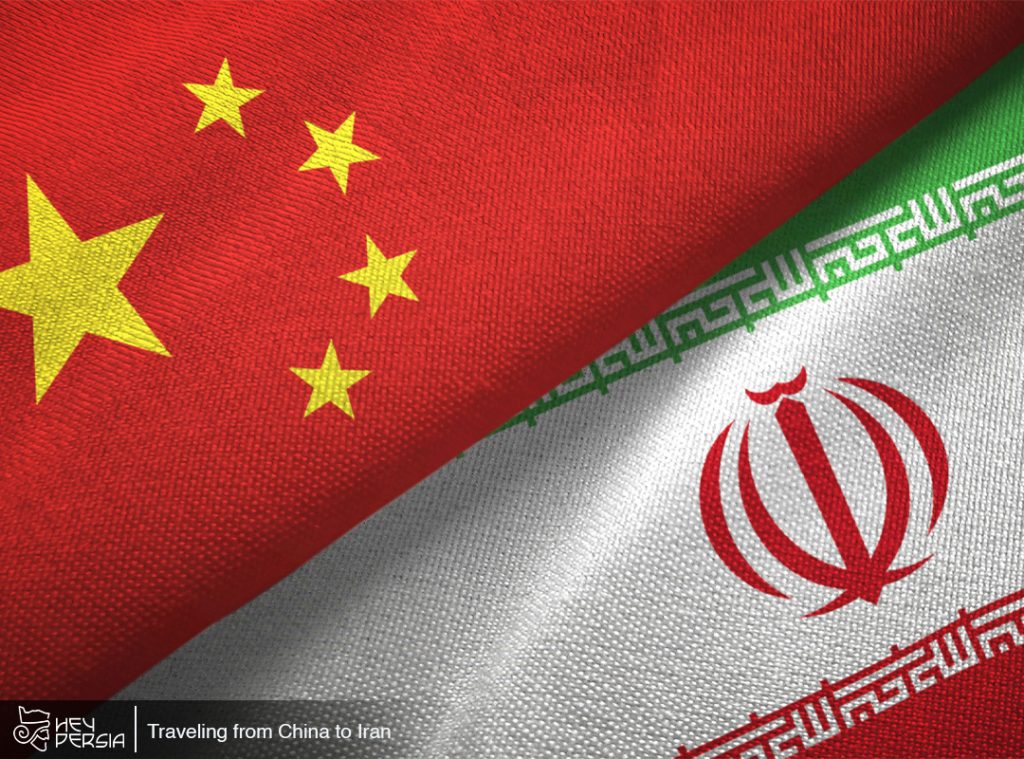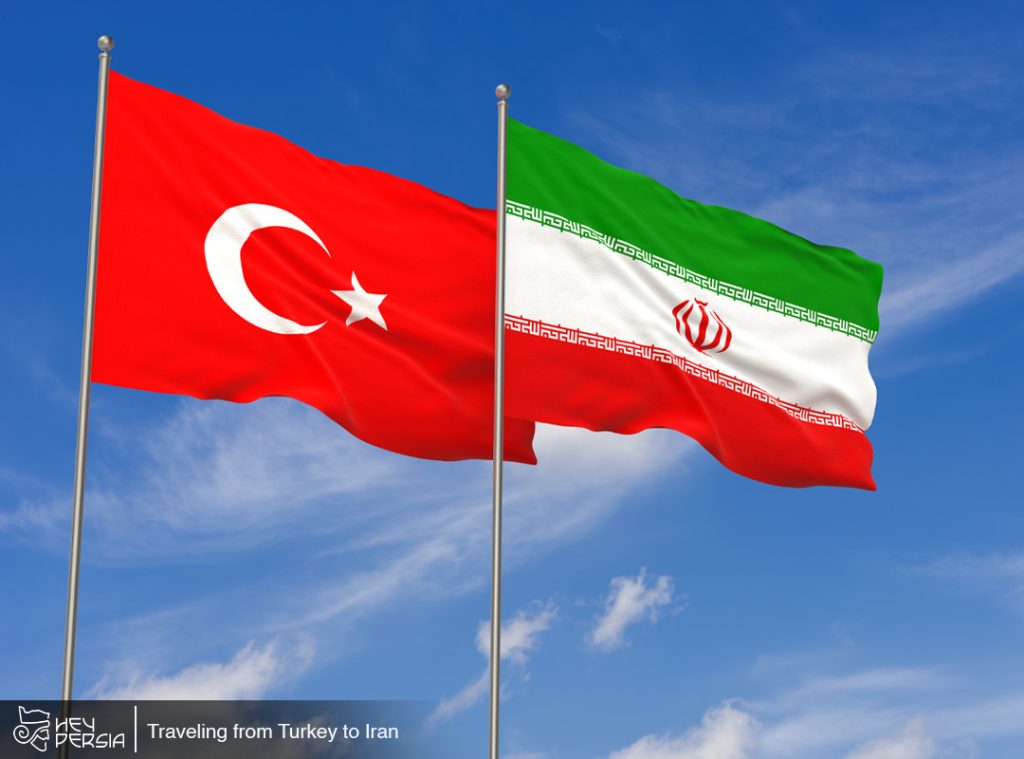Traveling from Greece to Iran is an exciting journey that combines history, culture, and adventure. As you embark on this voyage, it’s essential to plan meticulously to ensure a smooth and enjoyable experience. This overview will guide you through the various aspects of your trip, including visas, transportation, accommodation, and cultural considerations. Learn more at Hey Persia.
Visa Requirements for Traveling from Greece to Iran
One of the first things to consider when planning your trip from Greece to Iran is the visa requirements. Greece and Iran have different visa regulations, and it’s crucial to understand the process before you travel. As a Greek citizen, you don’t need a visa to enter Iran for tourism purposes. You can stay in Iran for up to 30 days without a visa. However, if you plan to stay longer or for specific purposes, such as business, you may need to obtain a visa in advance.

Transportation
Getting from Greece to Iran involves various transportation options, and your choice depends on your budget, travel preferences, and the time you have available.
By Air:
The most common way to travel from Greece to Iran is by air. There are direct flights available from Athens, the capital of Greece, to Tehran, the capital of Iran. The flight duration is approximately 3.5 to 4.5 hours. Major airlines like Iran Air and Aegean Airlines offer these flights. Be sure to check for flight availability and prices based on your travel dates.
By Land:
Traveling overland from Greece to Iran is an adventurous option. You can cross into Turkey and continue through the eastern part of the country to reach the Iranian border. However, this route can be time-consuming and may involve visa and border crossing complications. Ensure that you research thoroughly and plan accordingly if you choose this option.
Accommodation in Traveling from Greece to Iran
Iran offers a wide range of accommodation options to suit different budgets and preferences.
Hotels: You can find hotels ranging from budget to luxury in major Iranian cities like Tehran, Isfahan, and Shiraz. These hotels often provide modern amenities, and their prices vary depending on the level of luxury.
Guesthouses and Hostels: For a more affordable and culturally immersive experience, consider staying in guesthouses or hostels. These options allow you to interact with locals and fellow travelers.
Homestays: In Iran, it’s common for locals to offer homestays to travelers. Staying with a local family can provide a unique insight into Iranian culture and hospitality.
Local Transportation
Getting around within Iran is relatively easy, with various transportation options available.
Metro and Buses: Major cities like Tehran and Isfahan have efficient metro systems and bus networks, making it convenient to navigate the urban areas.
Taxis: Taxis are readily available, and it’s essential to negotiate the fare before starting your journey.
Cultural Considerations
Iran has a rich cultural heritage and traditions that visitors should respect and appreciate.
Clothing: Iran has a conservative dress code, particularly for women. Female travelers should wear a headscarf, a loose-fitting coat or manteau, and avoid showing bare arms and legs in public. Men should also dress modestly.
Language: The official language in Iran is Persian (Farsi). While many Iranians understand English, it’s helpful to learn a few basic Persian phrases to facilitate communication.
Currency: The official currency of Iran is the Iranian Rial (IRR). It’s essential to have local currency for small purchases, as credit and debit cards are not widely accepted.
Etiquette: Iranians are known for their hospitality, and it’s customary to accept invitations for tea and conversation. It’s also polite to remove your shoes when entering someone’s home.
Tourist Attractions
Iran is a country steeped in history and culture, offering a wide range of tourist attractions.
Historical Sites: Iran boasts an array of historical and architectural wonders, including Persepolis, Isfahan’s Naqsh-e Jahan Square, and Shiraz’s Pink Mosque.
Natural Beauty: Explore the stunning landscapes of Iran, from the deserts of Yazd to the lush forests of northern regions.
Local Cuisine: Don’t miss the opportunity to savor Iranian cuisine, known for its delicious kebabs, saffron-infused rice, and a variety of stews.
Safety and Health
Iran is generally a safe destination for travelers. However, it’s crucial to stay informed about the current political and security situation. Additionally, it’s advisable to have travel insurance that covers potential medical emergencies during your trip.
Make sure to have all the necessary vaccinations and consult your healthcare provider before traveling to Iran. It’s also essential to drink bottled water and be cautious about the local food to avoid gastrointestinal issues.

Traveling from Greece to Iran
Traveling from Greece to Iran is an unforgettable experience that offers a unique blend of history, culture, and natural beauty. By understanding visa requirements, choosing the right transportation, respecting local customs, and exploring the country’s rich attractions, you can ensure a rewarding and enriching journey to this captivating destination. Plan your trip carefully, and you’ll be well-prepared to explore all that Iran has to offer.





